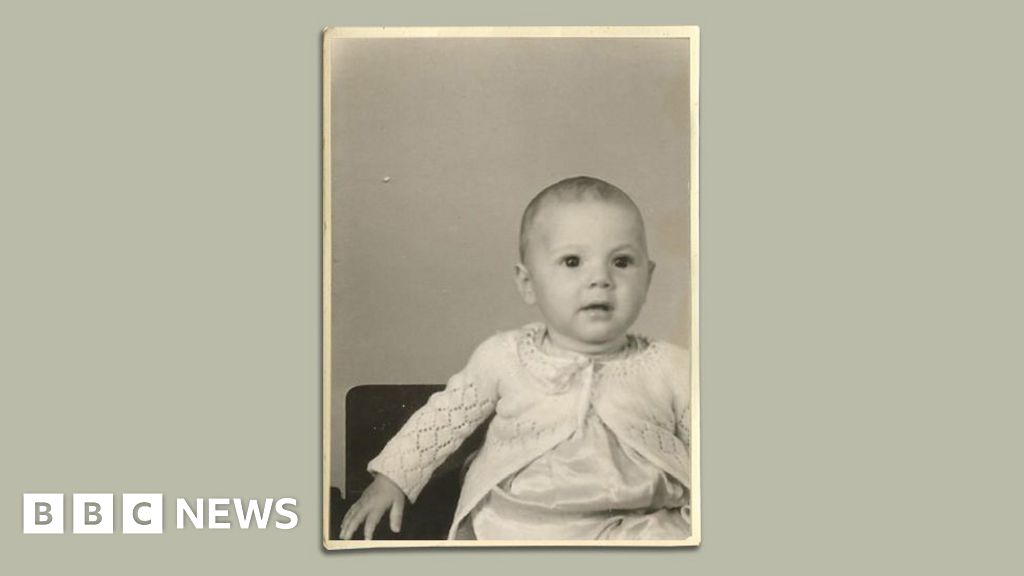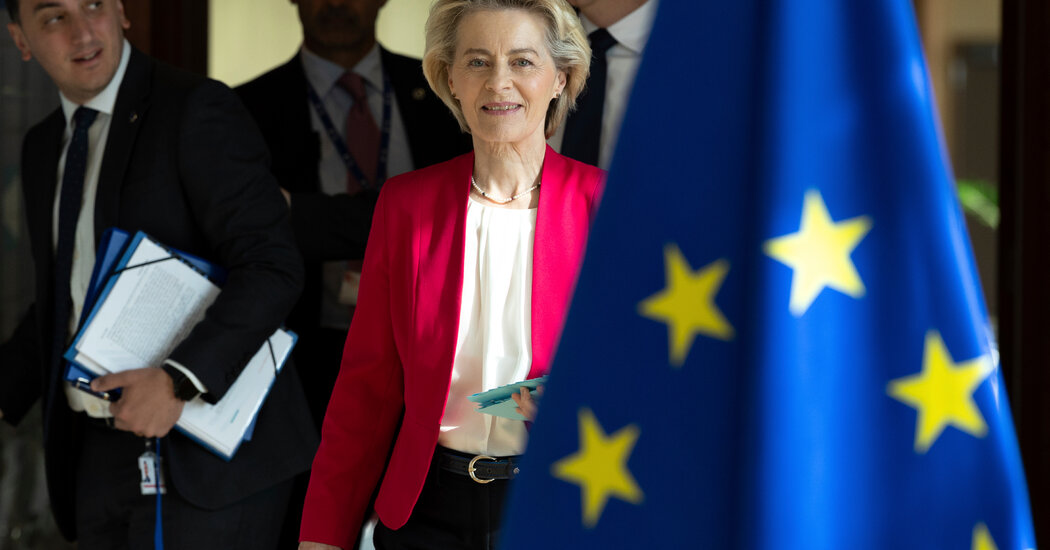Cuts to social protection for people living in poverty have created “fertile ground” for far-right movements around the world, according to a United Nations report.
Popular support for the far right has grown globally in recent years. In Europe, Giorgia Meloni became Italy’s most far-right leader since Benito Mussolini in 2022, while the far-right Alternative for Germany is now Germany’s largest opposition party. The Trump administration has endorsed far-right parties in Europe, and in Argentina far-right libertarian Javier Milei won the presidency in 2023.
The UN report, unveiled Wednesday, says changes to welfare systems have made it harder to access benefits by tightening eligibility rules or imposing stricter conditions, contributing to the kind of economic precarity and alienation that drives people to the far right.
“These punitive welfare systems increase economic insecurity, erode trust in public institutions and leave millions feeling humiliated and abandoned by mainstream politics,” the report’s author, Olivier De Schutter, the UN special rapporteur on extreme poverty and human rights, said in a press release.
“It is in this void that far-right populists thrive, presenting themselves as champions of those left behind by the ‘elite.’”
Continue reading the complete article on the original source



